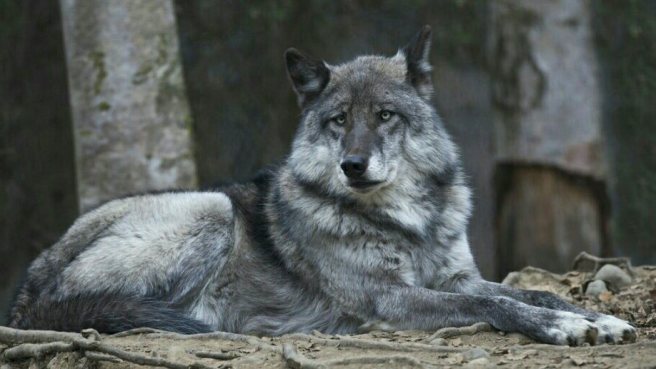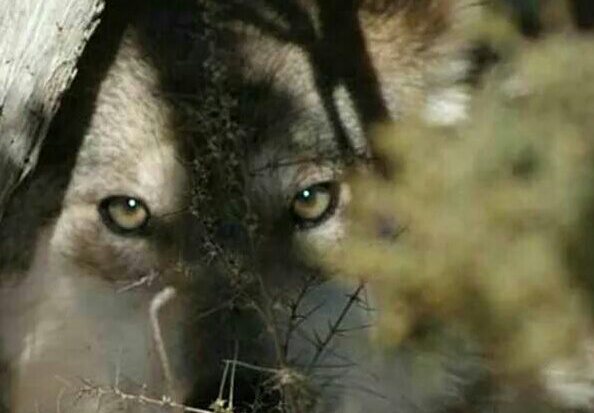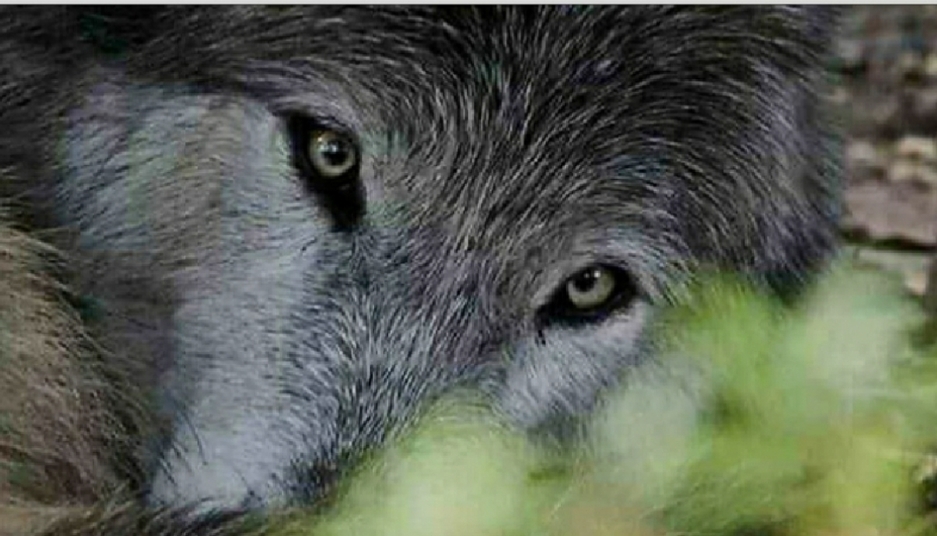The U.S. Forest Service is seeking public comment on a proposed timber sale on Wrangell Island, which is in the Alexander Archipelago in the Alaska Panhandle of southeastern Alaska. The island is just 30 miles long and 5 to 14 miles wide, contains an abundance of wildlife and is separated from the mainland by the Blake Channel.
The Forest Service released five alternatives in their draft environmental impact statement for the Wrangell Island Project on June 2nd. Its preferred alternative would allow two thirds of the acreage to be selectively harvested and a third clear cut, producing about 73 million board feet, from approximately 5,290 acres, and could build up to 17 miles of new national forest roads, some of which will stay open to the public and about 15 miles of temporary roads. The earliest timber sale would be mid to late summer 2017, and targets the largest, highest-value tree stands, which are generally the areas that are also most ecologically important to the forest and wildlife that live there. It seems that, once again, the Forest Service has disregarded the evidence of the probable impacts of its timber program on wolves, other wildlife populations, salmon, and critical habitat necessary for their survival.
The five alternatives range from about 43 million board feet to 73 million or no timber sale at all.
Buck Lindekugel, an attorney for the Southeast Alaska Conservation Council (SEACC), said “Instead of cutting the rest of the old growth that supports a whole variety of uses on Wrangell Island, the Forest Service ought to look at ways of integrating stewardship, restoration activities and supplying timber off the existing road system to the small mills in the area.”
17 miles of new national forest roads!
Already wolf hunting is rife on Wrangell Island with “bag limits” of 5 wolves and portions of the island are subject to Alaska’s infamous “intensive predator management program” encouraging even further reduction of the wolf population. As we have seen on Prince of Wales, logging and roads initiate many harmful effects, including the “overharvest”, ie. poaching, of wolves.
The time has come for Southeast Alaska to no longer rely on the timber industry as an economic driver. The Forest Service should manage the National Forests in Southeast Alaska for a host of public values that support the tourism and fishing economy of today; the driving economic forces are, and continue to be, tourism and recreation.
In your own words, please comment against the proposed Wrangell Timber Sale. Tell the Forest Service that you support “Alternative 1 – which is the “no-action” alternative because in this alternative, none of the proposed activities would occur. Only approved forest management activities not related to the proposed project can and would continue, and road management would be based on the already existing access and travel management plan for Wrangell Island.
Comments can be made via email to comments-alaska-tongass-wrangell@fs.fed.us with “Wrangell Island Project” in the subject line.
*COMMENTS SHOULD BE RECEIVED NO LATER THAN JULY 18, 2016. Comments, including anonymous comments, will be accepted at any time. However, comments posted after the close of the designated comment period (July 18th) may not be able to be given full consideration.
Please also sign this petition:
No logging in places critical for Tongass wildlife and wild salmon, from Alaska Wilderness League.
The Tongass offers the country’s largest remaining swath of ancient forest, as well as an estimated one third of the world’s remaining temperate rainforest. It is far past time for an end to old-growth logging and destruction of habitat essential for endemic species found only in this biologically rich region.

For additional, in depth, information please see Wrangell Island Project Draft | Environmental Impact Statement
Related content:
The economic reality of Alaska’s timber industry
Senator should heed council on Tongass, accept compromise
The future of the Tongass Forest lies beyond logging
Copyright © 2016 [COPYRIGHT Intheshadowofthewolf, name and webpage]. All Rights Reserved. No part of this publication may be reproduced or distributed in any form or by any means, or stored in a database or retrieval system, without the prior written permission of the publisher.



You must be logged in to post a comment.